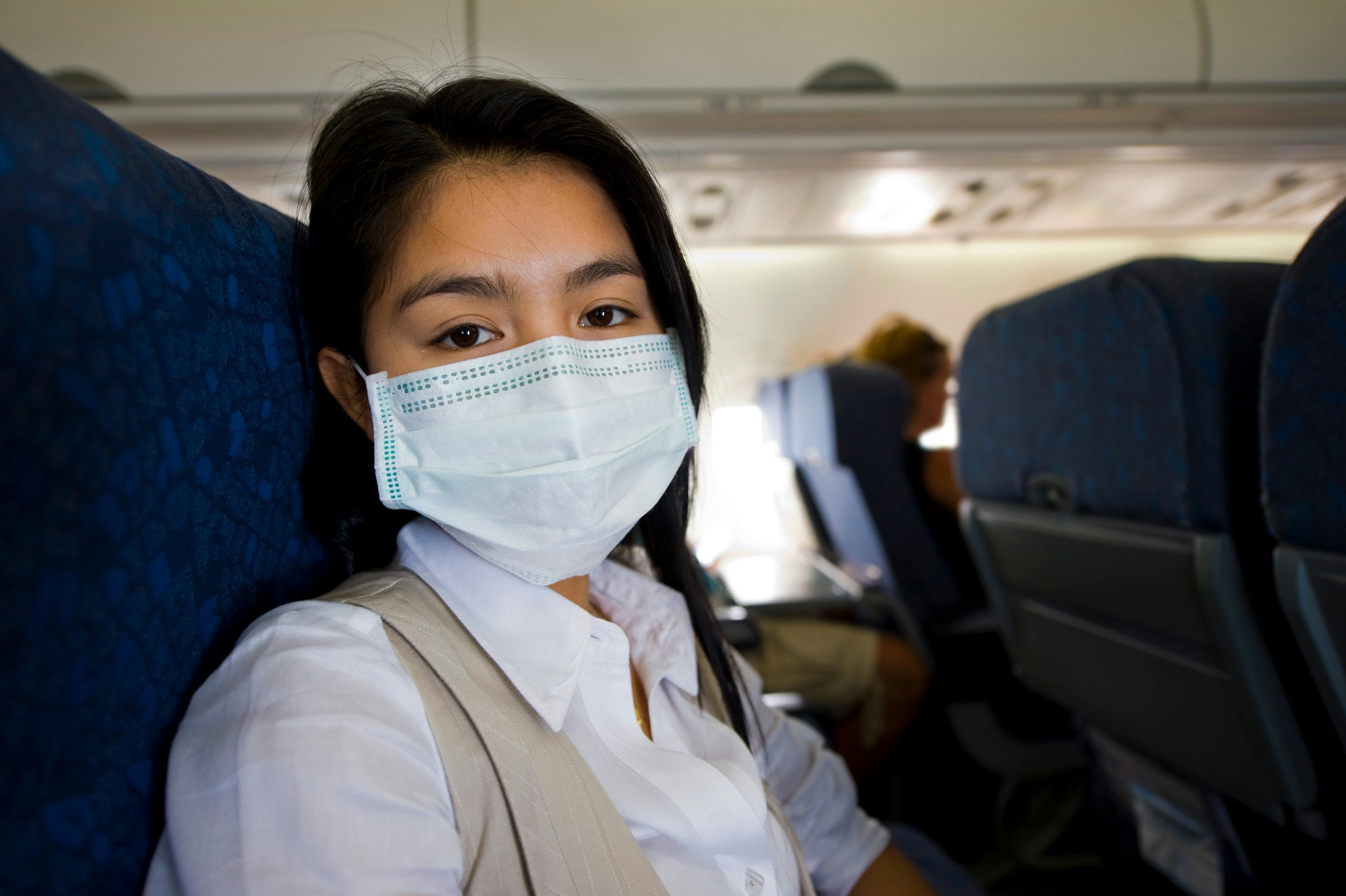
International air travel may not return to normal until 2023 © den-belitsky via Getty Images
The International Air Transport Association (IATA) has released new analysis showing that the damage to air travel from COVID-19 will extend into 2023, with long-haul travel being the most severely impacted.

When the recovery begins, it is expected to be led by domestic travel, and IATA estimates that passenger traffic won’t rebound to pre-crisis levels until at least 2023. It expects that global passenger demand in 2021 will be 24% below 2019 levels and 32% lower than the forecast it made in October 2019. This is based on a slower opening of economies and relaxation of travel restrictions, with lockdowns extending into the third quarter of the year, possibly due to a second wave of the virus.

The organisation also feels that quarantine measures on arrival will further damage confidence in air travel, with 69% of recent travellers that it surveyed stating that they would not consider travelling if it involved a 14-day quarantine period. It urges governments to find alternatives to maintaining or introducing arrival quarantine measures as part of post-pandemic travel restrictions. It believes that a risk-based layered approach of globally harmonised biosecurity measures will be critical for the restarting of air travel.

Even so, rebuilding passenger confidence will take longer, according to IATA’s director general and CEO, Alexandre de Juniac, who believes that individual and corporate travellers are likely to carefully manage their travel spend and stay closer to home. "To protect aviation’s ability to be a catalyst for the economic recovery, we must not make that prognosis worse by making travel impracticable with quarantine measures," he says. "We need a solution for safe travel that addresses two challenges. It must give passengers confidence to travel safely and without undue hassle, and it must give governments confidence that they are protected from importing the virus."
Further information can be found on IATA's website here.
Keep up to date with Lonely Planet's latest travel-related COVID-19 news here.




